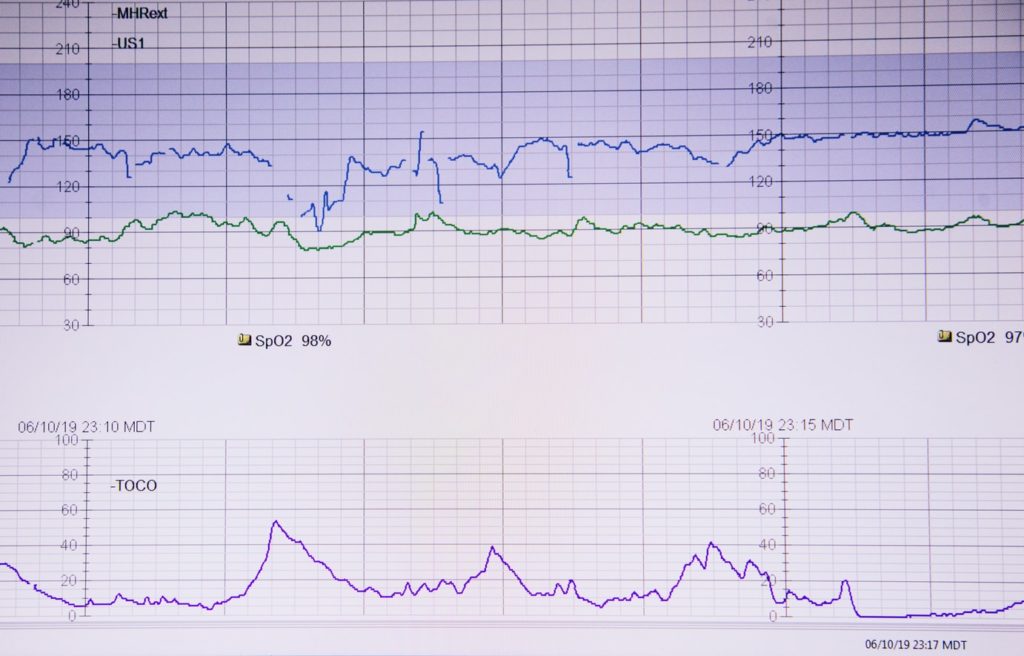What Does A BAER Test Consist Of?

When you hear a sound, that information reaches your brain through electrical pulses traveling through the brainstem. These pulses travel at a specific energy level and speed with a healthy auditory system. Our team at Nassau Suffolk Neurology can measure the intensity and speed of these pulses to determine if hearing loss or an anomaly is upsetting the flow of sound information through the brainstem. This test is known as a brainstem auditory evoked response (BAER). Continue reading to discover more details about BAER tests and what you should do to prepare.
What Does A BAER Test Consist Of?
A brainstorm auditory evoked response (BAER) test measures how the brain processes sound. This test records brain waves in response to auditory stimuli. BAER tests can help diagnose nervous system disorders and hearing loss, especially in young children. If you are scheduled for a BAER test and are unsure of what to expect, our team at Nassau Suffolk Neurology will help you through the process and explain each step. BAER tests have virtually no complications, require no preparation, and are quick and easy. You will lie back in a chair and keep still. Our neurologist will place electrodes on your scalp and earlobes. The electrodes are then connected to a machine that records brain activity. Our team will provide a pair of headphones and play a series of tones or clicks. The electrodes will record how your brain responds to the noises you hear and if you hear the sounds properly.
What Do My Results Mean?
After the test, our neurologist will print out the results. They will depict spikes of brain activity every time you hear the tones. If the results showed flat lines when the tones were played, it could indicate hearing loss. An abnormal test result can also indicate that you have nervous system or brain damage. Some of the causes of this may include:
- Brain Tumor
- Multiple Sclerosis
- Central Pontine Myelinolysis
- Brain Injury
- Speech Disorder
- Stroke
Our team will administer further tests to determine the cause of abnormal test results. Once the cause is identified, we will outline the appropriate treatment plan.
Contact Us
At Nassau Suffolk Neurology, we are dedicated to providing patients with clinical excellence. If you are in need of neurological testing and care, our team is here to help. Be sure to contact us today to learn more and schedule an appointment!
